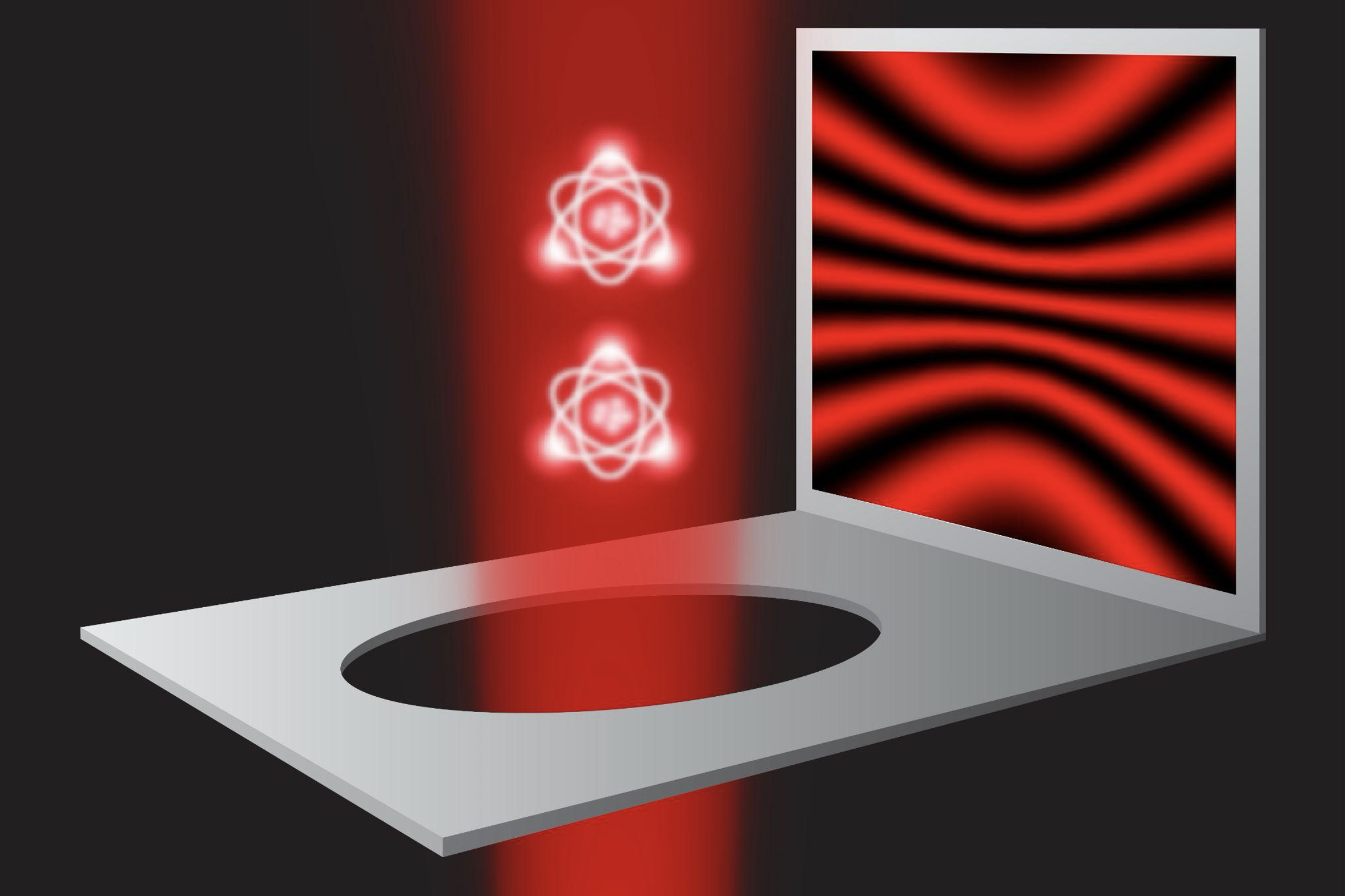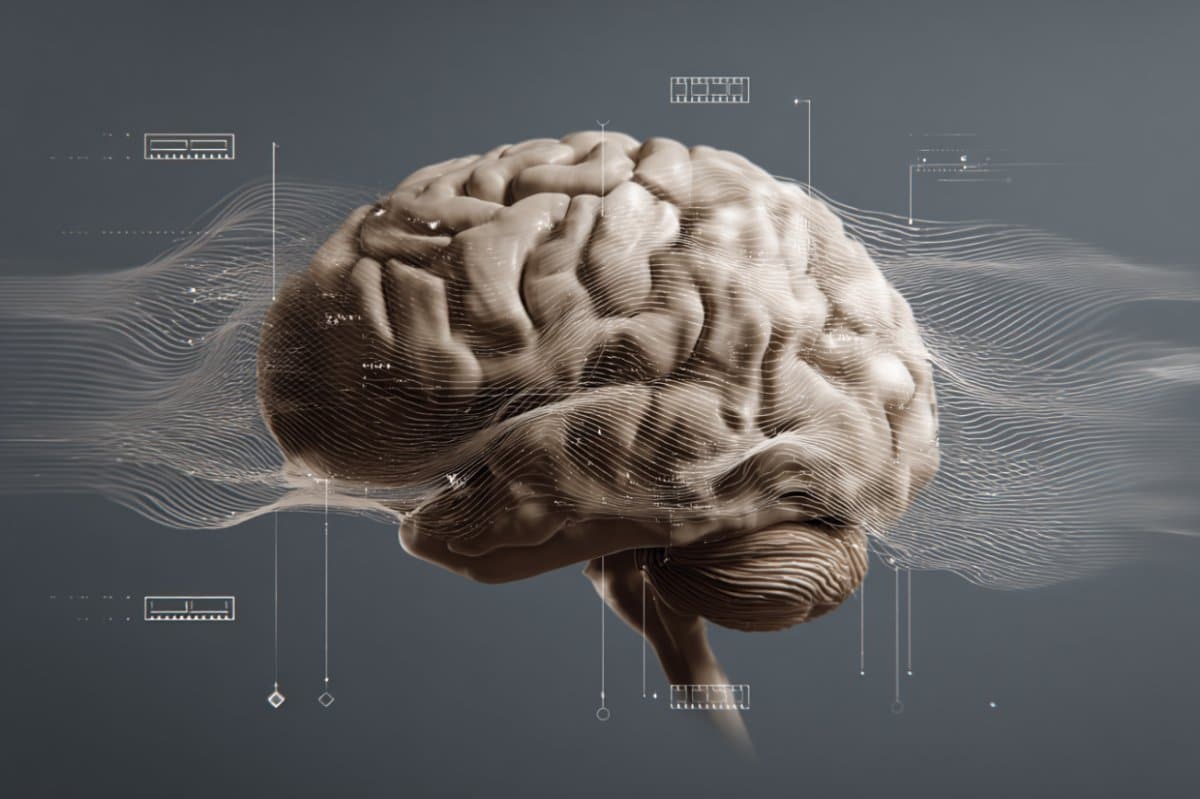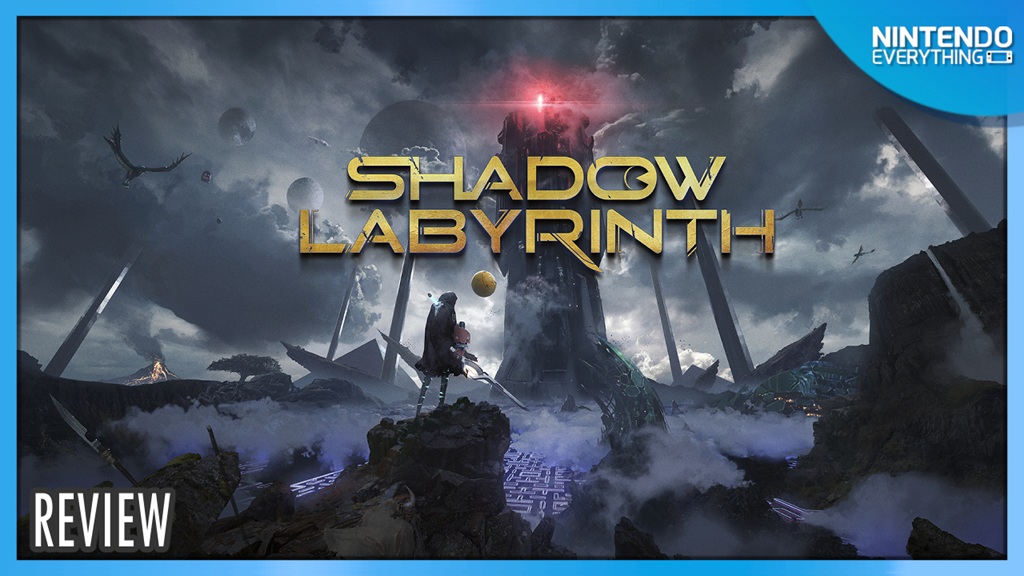T4K3.news
New experiment may unite quantum mechanics with gravity
Researchers propose testing how quantum mechanics and general relativity interact using entangled atomic clocks.

A new experiment using entangled atomic clocks could bridge the gap between quantum mechanics and general relativity.
Entangled Atomic Clock Experiment Offers Hope for Unifying Physics
A groundbreaking experiment involving a network of entangled atomic clocks may help unravel the mystery of how quantum mechanics aligns with general relativity. Quantum mechanics offers a detailed account of physics on atomic scales, while general relativity, described by Albert Einstein in 1915, explains gravity as the curvature of spacetime caused by matter. However, these two theories often conflict, resulting in mathematical inconsistencies. Researchers from institutions including Stevens Institute of Technology and Harvard University propose testing the relationship between gravitational effects and quantum mechanics by using atomic clocks positioned a kilometer apart. This test aims to reveal how time dilation and curved spacetime interact with quantum phenomena.
Key Takeaways
"The interplay between quantum theory and gravity is one of the most challenging problems in physics today."
Pikovski highlights the significance of the quantum gravity debate in physics.
"Quantum technology will be able to test whether gravity changes how quantum mechanics works."
Pikovski emphasizes the potential for quantum technology to affect our understanding of physics.
The prospect of uniting quantum mechanics and general relativity has long been a tantalizing challenge for physicists. The new experiment could provide crucial insights into an age-old question: Can gravity and quantum mechanics coexist? The use of advanced technologies like optical atomic clocks and quantum networks marks a significant step forward. If successful, this experiment not only promises to deepen our understanding of fundamental physics but could also inspire further exploration into the nature of gravity itself. Just as Einstein transformed physics in the early 20th century, this research might open new avenues for science in the coming decades.
Highlights
- Entangled clocks may finally bridge quantum mechanics and gravity.
- Testing gravity at quantum scales could revolutionize physics.
- Do we truly understand gravity if quantum mechanics is in question?
- This experiment could rewrite the fundamental laws of physics.
Potential Geopolitical Sensitivity
Research in quantum mechanics and general relativity could attract interest from various sectors, including governmental institutions, raising sensitive discussions about funding and implications.
This research, if executed, could redefine our grasp of the universe's fundamental laws.
Enjoyed this? Let your friends know!
Related News

Halo Infinite Fall Update launches August 5

MIT physicists confirm fundamental light behavior

New studies explore sunlight benefits for health

Researchers uncover new mechanisms of memory structure

Programmer Critiques Crash Bandicoot Remake

Shadow Labyrinth launched for Nintendo Switch 2

New method to detect dark matter through thorium-229

Psilocybin shows promise as an anti-aging treatment
